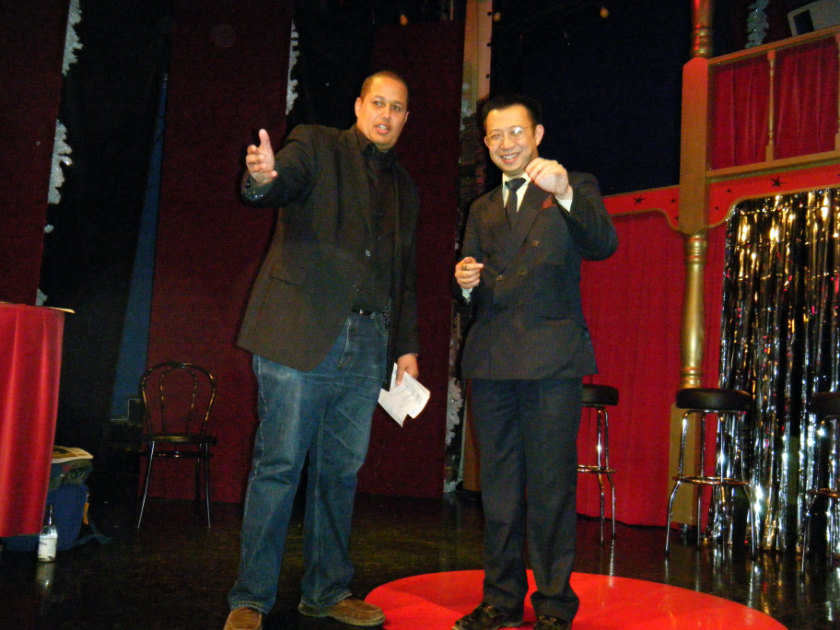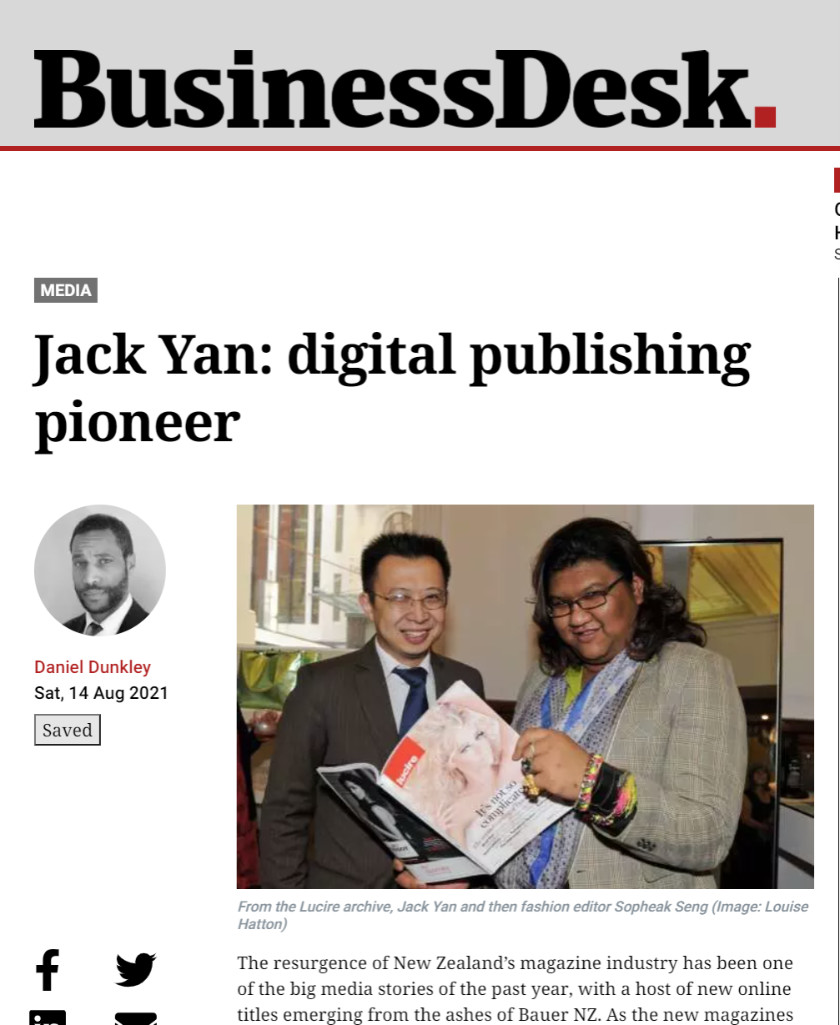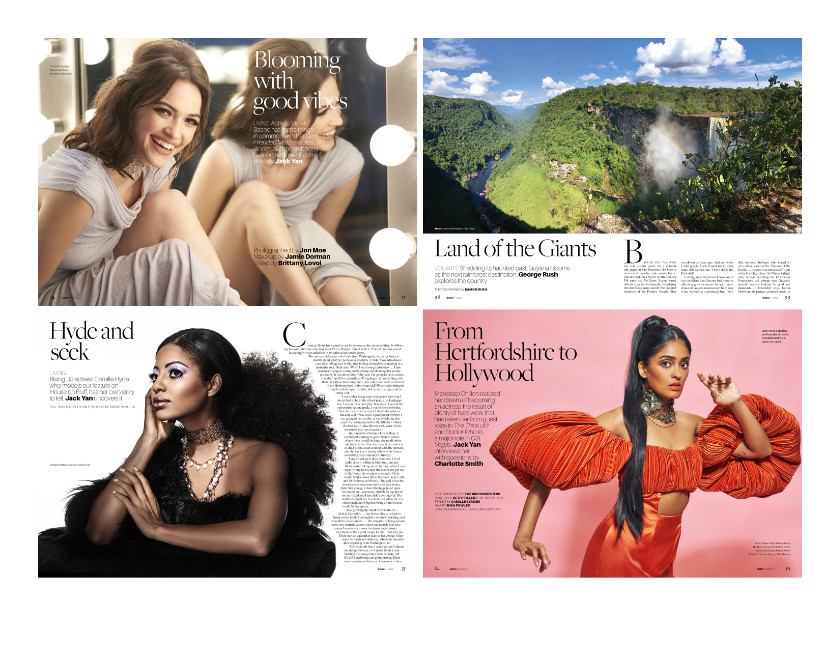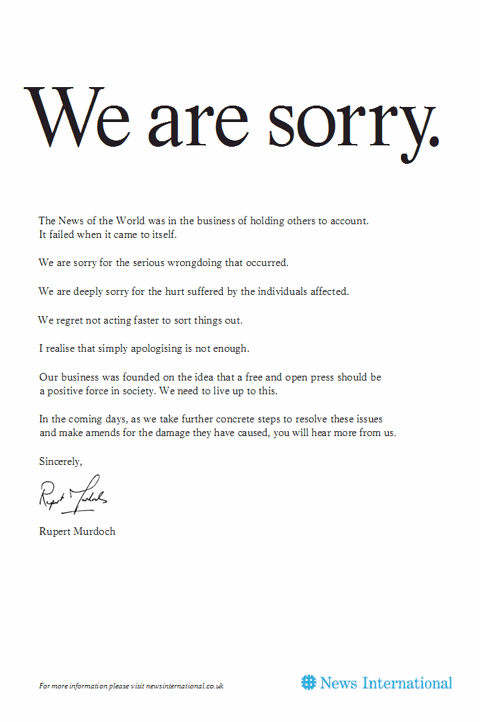Two fantastic items in my Tweetstream today, the first from journalist Jehan Casinader, a New Zealander of Sri Lankan heritage, in Stuff.
Some highlights:
As an ethnic person, you can only enter (and stay in) a predominantly white space – like the media, politics or corporate leadership – if you play by the rules. And really, there’s only one rule: blend in. You’re expected to assimilate into the dominant way of thinking, acting and being …
I sound like you. I make myself relatable to you. I communicate in a way that makes sense to you. I don’t threaten you. I don’t make you uncomfortable. And I keep my most controversial opinions to myself.
And:
Kiwis love stories about ethnic people who achieve highly: winning university scholarships, trying to cure diseases, inventing new technology or entering the political arena. These people are lauded for generating economic and social value for the country …
We do not hear stories about ethnic people who work in thankless, low-skilled jobs – the refugees and migrants who stock our supermarket shelves, drive our taxis, pick our fruit, milk our cows, fill our petrol tanks, staff our hospitals and care for our elderly in rest homes.
Jehan says that now he is in a position of influence, he’s prepared to bring his Sri Lankan identity to the places he gets to visit, and hopes that everyone in Aotearoa is given respect ‘not because of their ability to assimilate’.
He was born here to new immigrants who had fled Sri Lanka, and I think there is a slight difference to those of us who came as children. Chief among this, at least for me, was my resistance to assimilation. Sure I enjoyed some of the same things other kids my age did: the Kentucky Fried Chicken rugby book, episodes of CHiPs, and playing tag, but because of various circumstances, as well as parents who calmly explained to me the importance of retaining spoken Cantonese at home, I constantly wore my Chineseness. I hadn’t chosen to leave my birthplace—this was the decision of my parents—so I hung on to whatever I could that connected me back to it.
I could contrast this to other Chinese New Zealanders I went to school with, many of whom had lost their native language because their parents had encouraged assimilation to get ahead. I can’t fault them—many of them are my dearest friends—but I was exposed to what Jehan wrote about from a young age.
It saddened me a lot because here were people who looked like me who I couldn’t speak to in my mother tongue, and the only other student of Chinese extraction in my primary class who did speak her native language spoke Mandarin—which to many of my generation, certainly to those who did so little schooling before we left, find unintelligible.
At St Mark’s, I had no issue. This was a school that celebrated differences, and scholastic achievement. (I am happy to say that sports and cultural activity are very much on the cards these days, too.) But after that, at one college, I observed what Jehan said: the Chinese New Zealanders who didn’t rock the boat were safe buddies to have; those who were tall poppies were the target of the weak-minded, the future failures of our society. You just have to rise above it, and, if anything, it made me double-down on my character—so much so that when I was awarded a half-scholarship to Scots, I found myself in familiar surroundings again, where differences were championed.
But you do indeed have to play the game. Want your company recognized? Then get yourself into the media. Issue releases just like the firms that were sending them to you as a member of the media. Don’t bring your Chineseness into that, because you won’t get coverage. Jack Yan & Associates, and Lucire for that matter, always had a very occidental outlook, with my work taking me mostly to the US and Europe, with India only coming in at the end of the 2000s—but then we were bound by the lingua franca of the old colonial power.
Despite my insistence on my own reo at home, and chatting every day to my Dad, I played the game that Jehan did when it came to work. I didn’t as much when I ran for mayor, admittedly—I didn’t want voters to get a single-sided politician, but one who was his authentic self—but that also might explain why Stuff’s predecessor, which was at that stage owned by a foreign company, gave me next to no coverage the first time out. They weren’t prepared to back someone who didn’t fit their reader profile. The second time out, it still remained shockingly biased. Ironically the same publishing group would give me reasonably good coverage in Australia when I wasn’t doing politics. That’s the price to pay for authenticity sometimes.
Jehan finishes his piece on a positive note and I feel he is right to. We still have issues as a nation, no doubt, but I think we embrace our differences more than we used to. There have been many instances where I have seen all New Zealanders rise up to condemn racism, regardless of their political bents. (What is interesting was I do recall one National MP still in denial, residing in fantasy-land, when I recalled a racist incident—and this was after March 15, 2019!) People from all walks of life donated to my fund-raising when a friend’s car had a swastika painted on it. We have a Race Relations’ Commissioner who bridges so many cultures effectively—a New Zealander of Taishanese extraction who speaks te reo Māori and English—who is visible, and has earned his mana among so many here. The fact that Jehan’s piece was even published, whereas in 2013 it would have been anathema to the local arm of Fairfax, is further reason to give me hope.
The second item? Have a watch of this. It’s largely in accord with my earlier post.







Nice piece Jack. We have come along way. I am certainly grateful for the jobs that people do in the service industry what ever colour they are.